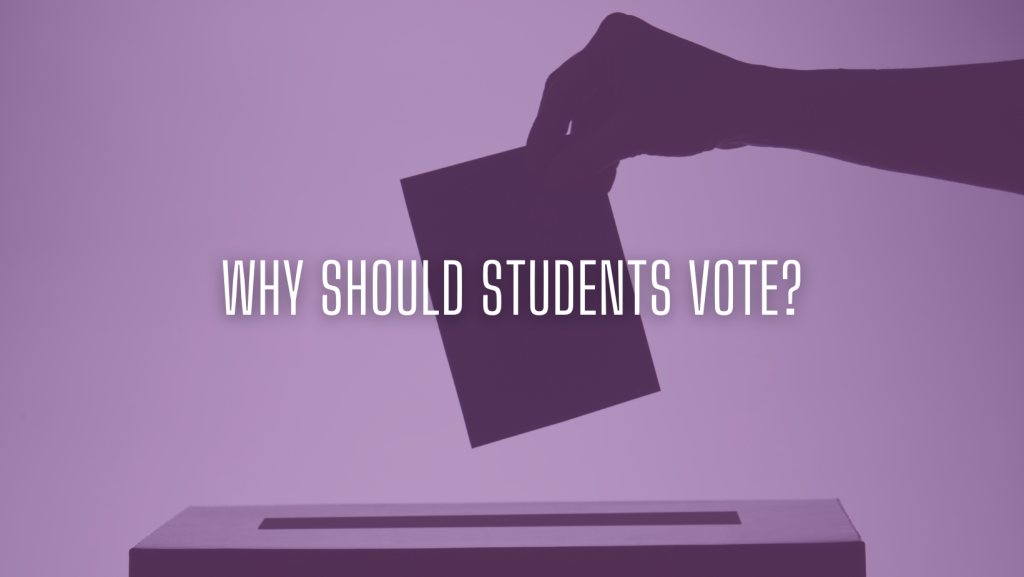The rising cost of living and the unstable global environment are certainly on every student’s mind. Studying is time-consuming and you have to work to make ends meet, even if you take out student loans.
The stress of every student is likely to be increased by the rising cost of food and public transport. In addition to rising prices, students are also stressed about other things, such as their own well-being and coping with a busy everyday life.
Unfortunately, in many cases, wellbeing can take a back seat. In the morning, before a lecture, people discuss their tiredness and hurry together, and may joke: “that’s what a normal student’s life is like!”
Is this the kind of everyday life that students want to live?
This spring’s parliamentary elections are a time of major issues for students. In SAMOK’s and SYL’s election campaign, students are demanding a €100 increase in their student allowance. Currently, many students are living below the poverty line, even though they have accumulated several thousand euros in loans every year. Students are the only group of people who have to take out loans to cover their basic expenses. Therefore, even a €100 increase in student loans would ease the burden of borrowing and everyday life.
At the end of last year, the Finnish Ministry of Finance (MoF) proposed tuition fees to secure the funding of higher education. According to the MoF, tuition fees would help to invest more in education and students would get more out of their studies.
What is the price people are prepared to charge students?
Some parties are ready to take Finland in the direction of charging tuition fees from all students, and it is worth bearing this in mind before voting. Who will actually benefit from tuition fees? Is charging tuition fees really the best solution for balancing higher education funding? In my opinion, the proposed solution would lead to further inequality and make the situation of students even worse.
Students’ livelihoods must be given more attention in the next term of government. When we talk about education, it is not enough to talk only about basic education, but we must look at the whole educational pathway, from early childhood education to higher education, if we want to place more emphasis in the future on production and innovation.
When voting, it is worth remembering that even if your time as a student is short, there will always be new students after you. So before you vote, it is worth considering what impact your vote might have on students’ everyday lives and futures, because students are the future we should invest in!
On behalf of the Student Union of Laurea University of Applied Sciences,
Sanni Koivuluoma
Vice-Chairperson

